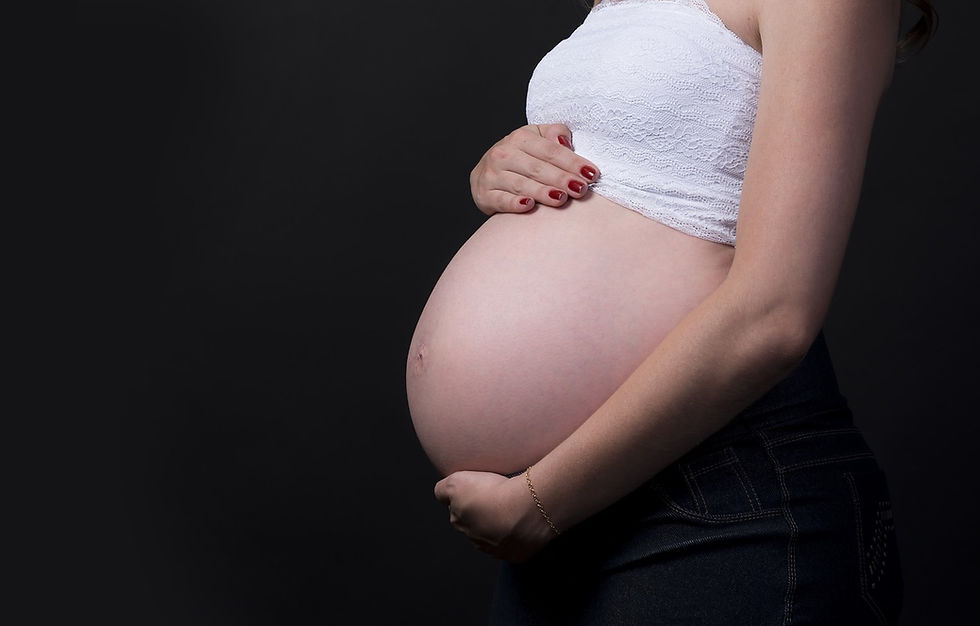Intravenous ketamine may provide immediate relief of depression symptoms
- Brecken Sales

- Mar 30, 2022
- 2 min read
In recent years, ketamine intravenous therapy (KIT) has been investigated for use in treating depression. Many studies have documented that KIT patients experience a rapid decrease in depressive symptoms following even one KIT session, but many patients relapse in the subsequent weeks without KIT. Few studies have investigated the clinical efficacy of KIT outside of research purposes, with no universally recommended KIT timeline for clinics offering the treatment. Therefore, McInnes et al. (2022) reported on the clinical results of outpatient KIT therapies for depression in the United States to determine overall outcomes and response durability in a real-world population.
McInnes et al. (2022) analyzed the patient health questionnaire 9 (PHQ-9) outcomes of patients who were treated with four to eight KIT sessions between a seven to 28 day period. The PHQ-9 assesses the likelihood and severity of major depressive disorder. The average PHQ-9 score of patients whose results were included in the present study was 18.1, indicating most patients experienced moderately severe depression. This same group had average PHQ-9 scores of 9.4 shortly after treatment completion, indicating a reduction of symptoms to mild to moderate. From analysis, KIT had a high response to treatment rate (53.9%) with a large effect size, and a higher overall remission rate (28.9%) than generally documented.
Something noted by McInnes et al. (2022) was that individuals with higher PHQ-9 scores generally reported greater symptom reduction post-KIT. It was noted that a small group of individuals reported higher post-KIT PHQ-9 scores, and within this group, only a small subset reported increased suicidal ideation. Furthermore, there was also a group who terminated KIT early due to an increase in depressive symptoms, no response to treatment, or intolerance of ketamine. Ketamine can be associated with significant side effects, and thus it is not recommended as a first-line treatment for major depression. Overall, analysis suggests KIT is a viable treatment for individuals with severe depression who can tolerate intravenous ketamine. More research is needed to understand the long-term effects due to the relatively low remission rate immediately following treatment.
Citation:
McInnes, L. A., Qian, J. J., Gargeya, R. S., DeBattista, C., & Heifets, B. D. (2022). A retrospective analysis of ketamine intravenous therapy for depression in real-world care settings. Journal of Affective Disorders. https://doi-org.ezproxy.library.uvic.ca/10.1016/j.jad.2021.12.097
Open access





Comments